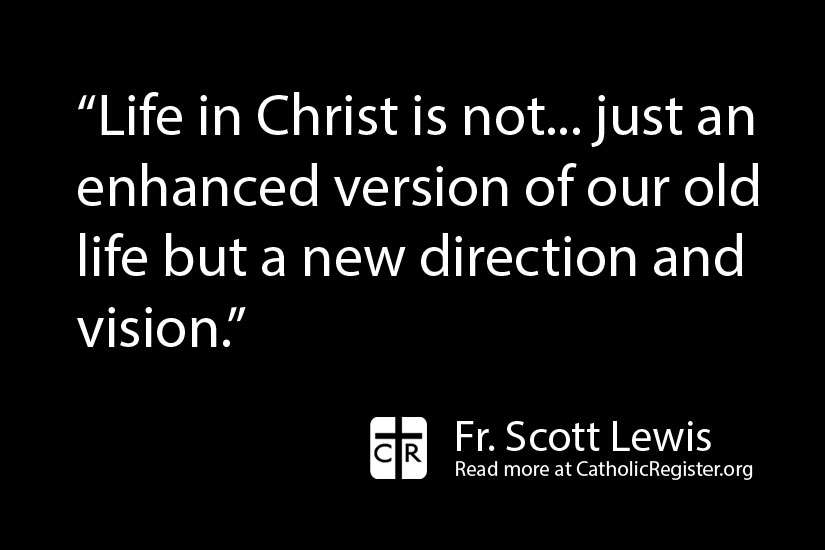People had returned expecting their nation would be restored to the glory enjoyed during the reign of King David and his successors. In effect, they wanted everything just as before.
This is very human — after things fall apart, most people long for the past, with all of its (usually imagined) glories.
The reality for the people of Israel after the exile was far from glorious. The land had been ruined; the temple, even after half-hearted attempts at rebuilding, was a shadow of its former self. The nation enjoyed no power, independence or prosperity.
Then came the prophecy — God exhorted Jerusalem and all who mourned her to rejoice. Using very powerful maternal images, God promised that Jerusalem would be nourished and comforted. Prosperity was also on the horizon, flowing like a river. Their bodies would flourish and their hearts rejoice. This would be a sign to the world of God’s mercy and compassion to His servants.
The usual human response is to ask when these things will take place and to begin counting the days, months and years. It did not happen in the ways that they would have expected. Israel had centuries of struggle with foreign domination, chaffing under the yoke of Persians, Greeks and then the Romans. They would always yearn for a redemption just on the horizon, but this did not cause cynicism or disillusionment. The prophecy was not intended as a timetable or prediction of the future, but a hope-filled illustration of God’s constant love and care for God’s people. The blessings would not likely be in the form expected by most people.
God gives us not what we want but what we need. In our own time, God’s promises should not be understood as a future bailout from our human-made misery. God will give us the grace, accompaniment and compassion necessary to heal and transform our world.
Paul had a surprising answer for those arguing over the necessity of circumcision for Gentile converts: it is a non-issue. With the coming of Christ and the dawn of the new age, the distinctions and labels used to separate people are no longer valid. In Christ, we are a new creation — and we should act like it.
The cross of Christ should free us from the values and prejudices of the world and make us a different sort of person. Life in Christ is not intended to be just an enhanced version of our old life but a new direction and vision.
In a move reminiscent of the 70 elders of Israel empowered by Moses (Ex 24:1; Num 11:16, 24), Jesus invested 70 of His disciples with power and authority. He then sent them in twos to the various places He intended to visit to prepare the hearts and minds of the people by proclaiming the arrival of God’s reign. His message still rings true: proclaim the good news; if people accept it, fine. If they reject it, don’t argue or coerce — just keep moving. There is much work to be done, and little time remaining. When the 70 returned, they were quite excited and impressed with themselves. Such power — even the demons submitted to them!
Jesus added that with the arrival of God’s reign, Satan’s grip on the world was being undone. He encouraged them with assurances that the power of the Spirit they carried would overcome all obstacles placed in their path and would protect them. But all of this should not be the cause of rejoicing, He warned. It’s not about power or glory. They should rejoice that they were working for God and bringing light into the world. Their names were being written in Heaven.
Having one’s name written in Heaven does not mean that one is perfect, and it is not a prize. It signifies a life of loving service, doing good, walking in God’s light and bringing hope and comfort to others. That should be our response to the world’s darkness and pain.

